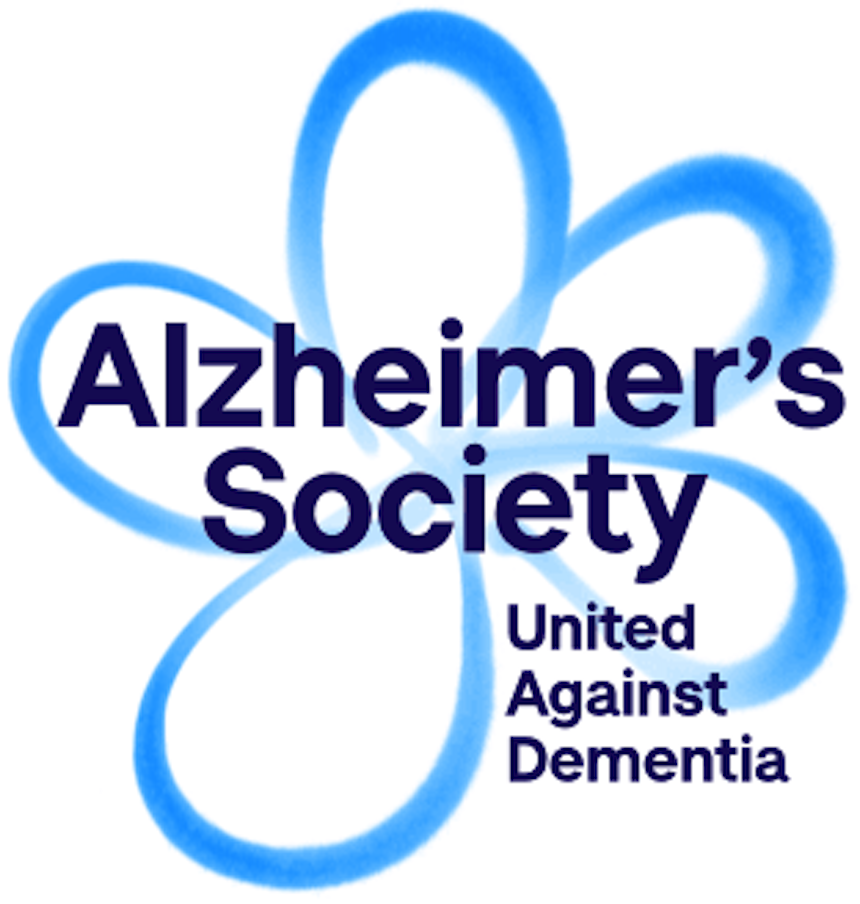Embarrassing and odd behaviour
As dementia progresses, the part of the brain which controls inhibitions can be damaged. This may lead to behaviour that feels inappropriate, strange or embarrassing for you. Occasionally, the behaviour is an attempt to communicate something or a sign that the person is confused or disoriented. Usually, the behaviour is most problematic for you as a carer and not the person with dementia. Everyday activities can be positive for the person with dementia and for you as a carer. You might think the best option is not to include them in activities to end the behaviour. Such an approach can lead to more negative consequences than positive, so you should carefully consider the magnitude of participating in activities before removing them based on embarrassing behaviour. Try instead to understand or explain the behaviour to others.
Look for a pattern to the behaviour.
Do you remember previous situations where the person behaved strangely? You might be able to detect a pattern and then try to avoid those situations in the future if possible. Undressing in public might for instance be a sign of the person being too hot, tired, the clothes do not fit etc. It is not always possible to avoid the behaviour, even though you see the pattern. However, if you know what triggers the behaviour, you can be prepared and ready to explain it to others.
Remain calm.
The person with dementia is most likely not thinking about his/her behaviour and will not understand why you are upset. If you get upset, the person with dementia might over-react because he/she is surprised and disturbed by your reaction.
Remove the person from the situation calmly if necessary.
If the person is behaving strangely in public or around other people, and you feel it is getting out of hand, try to remove the person from the situation calmly or create a distraction.
Try not to take it personally.
The disease causes the behaviour, not the person. Remember that the behaviour is not deliberately done to upset you.




https://www.dementiaguide.com/
Comments
Sign in or become a DemiCare member to join the conversation.








